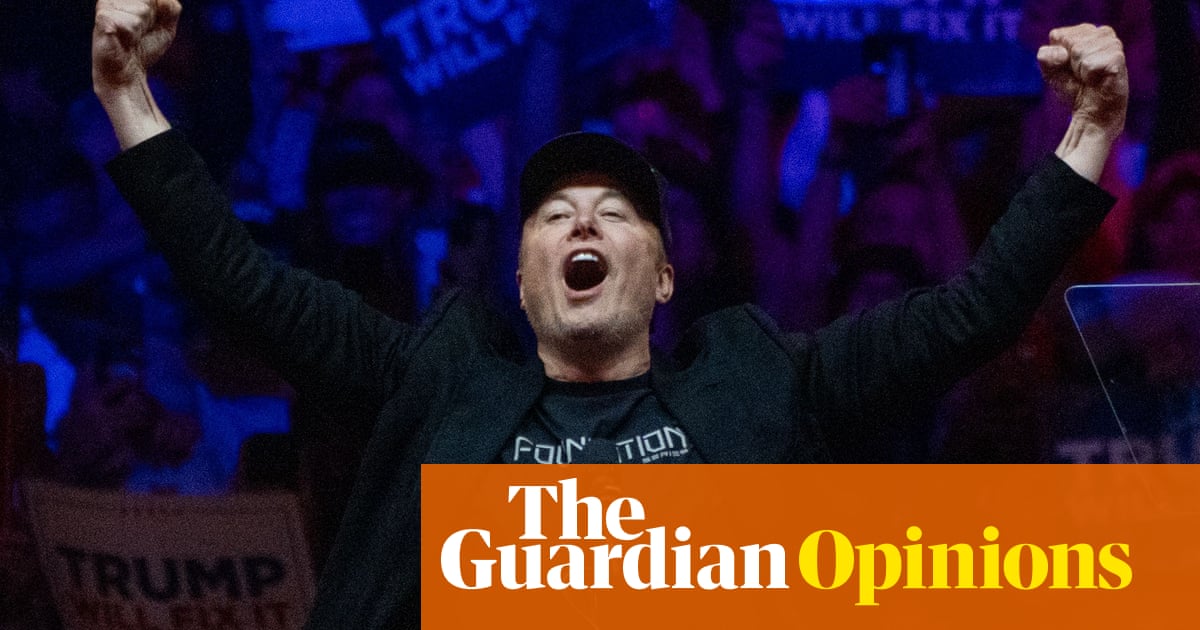The concept of “elite overproduction” was developed by social scientist Peter Turchin around the turn of this century to describe something specific: too many rich people for not enough rich-person jobs. It’s a byproduct of inequality: a ton of poor people, sure, but also a superfluity of the wealthy, without enough positions to house them in the influence and status to which they think themselves entitled. In a modern context, that would mean senior positions in the government and civil service, along with the top tier of finance and law, but Turchin tested the hypothesis from ancient Rome to 19th-century Britain. The names and nature of the contested jobs and titles changed; the pattern remained. Turchin predicted in 2010 that by the 2020s it would be destabilising US politics.
Turchin didn’t specify exactly how much wealth puts you in a situation with an overproduced elite, but he didn’t mean debt-laden students; he didn’t mean MPs; he meant, for brevity, billionaires or the top 1%. When a lot of your media are billionaire-owned, those media sources become endlessly inventive in taking the heat off billionaires, nipping criticism in the bud by pilfering its vocabulary and throwing it back at everyone.
Elon Musk could never have got himself elected into office in the US. But as the cost-cutting tsar, a made-up role Trump has promised him, he would exert extraordinary power to cause pain, with the only choice left to citizens being whether or not to hug it. Another billionaire donor, John Paulson, has been floated for the treasury secretary job, and Trump has a track record of rewarding big-ticket donors with a seat at the table – the billionaire Stephen Schwarzman boasted in print about his role in the new North America Free Trade Agreement negotiations in 2018, and as part of Trump’s “strategic and policy forum” during the 2017 administration.



Oh is this a thing that academics predicted? Welcome to the 1840s, Guardian
Also blaming the billionaires for destabilizing the economy is only partially true. The system is unstable, but billionaires profit from “instability”, so sure they cause it as much as the system causes billionaires and millionaires.
The problem isn’t who owns gigantic companies like Walmart and amazon and google and apple, the problem is that they can be privately owned. The instability isn’t a bug so much as a feature. Its not the individuals, it’s the system. Individuals can make adjustments, sometimes very critical ones but the system doesn’t pick winners based on who does the best at adhering to externalized ideals, it picks winners based on who can create the most profit for owners, profit made of the immense amount of collected time and energy siphoned off of workers.